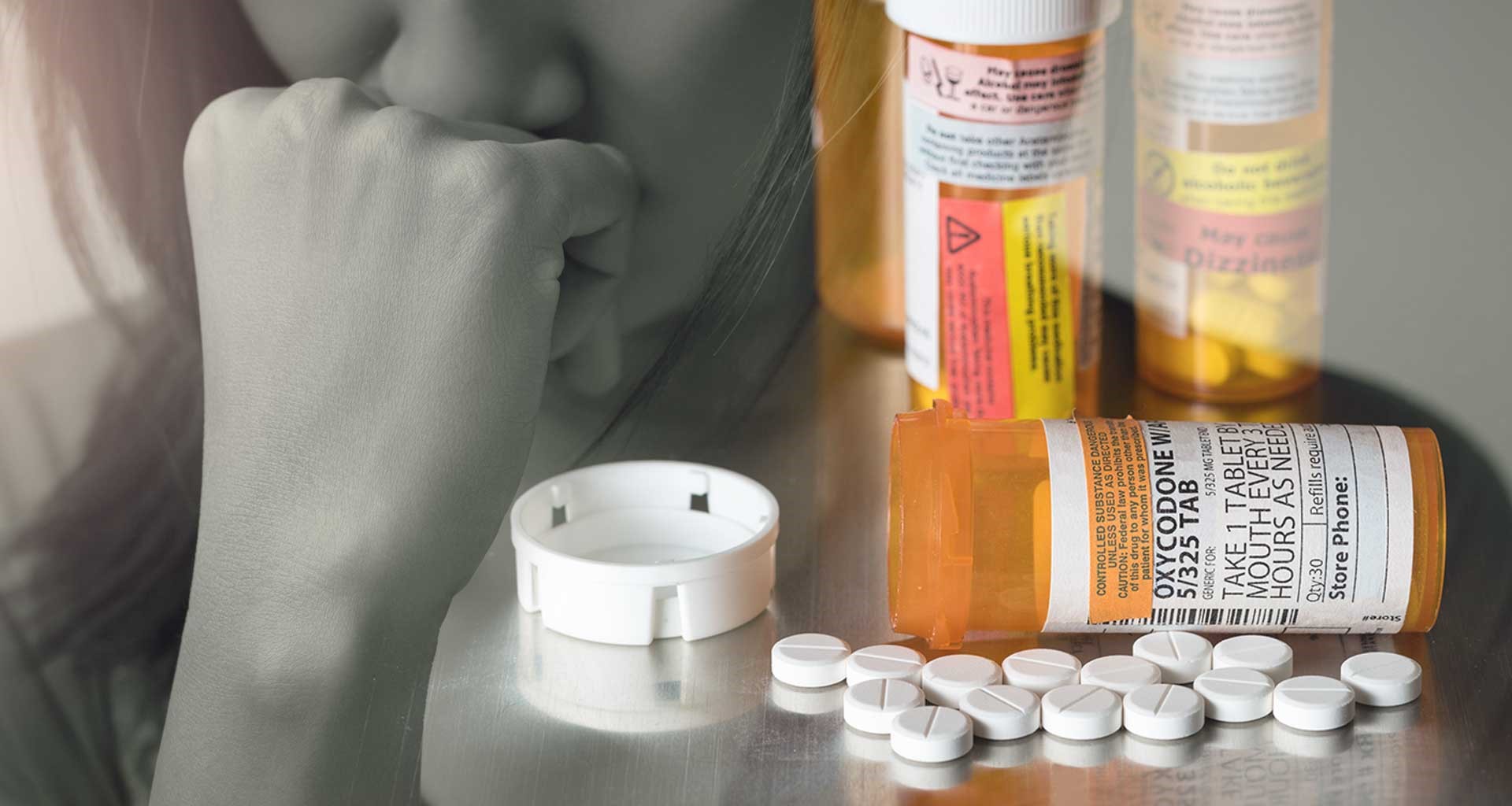How effective are prescription medications to counter the effects of addiction to heroin or opioid pain pills? The age of Methadone and Buprenorphine is here and now.
Methadone
The history of methadone goes back to 1939 in Hitler’s Germany.
It was synthesized by IG Farber a large pharmaceutical company at the time. After the Allies won World war II, the US Commerce Department confiscated IG Farber’s developments and brought methadone to the United States. It is an opioid medication. Consequently, when heroin became a problem in large cities in the mid-1950s methadone began as a treatment to detox heroin addicts. And later, in the daily treatment for the opioid addict, under the name “methadone maintenance program”. This treatment has spread across the United States and in other countries.
Observations
I had the privilege of working at a methadone clinic a few years ago.
Previously, I had taken a home study course approved for clinicians on prescription medications treatment. It indicates that methadone is the clinical treatment of choice for opioid addicts. Hence, I believed that methadone was the best choice for treatment for opioid addicts when I started working.
As a result, this positive attitude has been modified because of my work experience. Therefore, I will present both the positive and negative values observed about methadone treatment.
Positives
There are many patients that are in and out of mental institutions, jails and prisons all their lives. Some of these patients were in institutions going back to childhood. If they get their daily dose, some are likely to stay out of jails, prisons and mental institutions.
There are some patients who when getting their daily dose of a prescription medications, they can hold down a job. This allows them to lead what most call a normal life. Just about all patients are comfortable when they get their daily dose of methadone. As a result, they want to continue this daily routine.
There are patients that have a wide variety of medical problems like kidney disease and pain issues. To be taken off prescription medication like methadone could cause serious medical problems even death.
Negatives
Methadone is one option for opioid prescription medications. It can be abused and people who use are physically dependent on the drug. They WILL go through withdrawal if they stop using. Often, they become both psychologically and physically dependent on the drug. As a result, they will go to great lengths to get their daily dose.
Examples
I know of a patient who hitch-hiked in a snowstorm for 20 miles in the dark to get a morning dose of prescription medications.
If patients go on a vacation, they will arrange to get a methadone daily dose at a clinic in that area they are visiting. There is a very strong need for this daily dose of medication. It very much like the need of drug use by the addict. The only difference is that it is a legal, physician prescription.
Also, both men and women often complain about a lack of sexual desire. Men sometimes complain of the inability to get an erection. This can happen with all opioid drugs for some men.
There are patients who have a variety of medical problems like kidney and pain issues. Consequently, if they stop taking methadone, it could cause death. Some of these patients have been on methadone for many years.
Often, patients will use other chemicals to get a desired feeling while using methadone. Some of the main substances used are marijuana, alcohol, and Benzodiazepines. However, all patients undergo a drug and urine test. From my experience, it seems that the patients are more interested in beating the urine test than in enhancing recovery. They will go as far as to use a fake penis and other’s urine.
Treatment seems to revolve around the urine tests and catching the cheating patient. Behavior modification and talk therapy are often an afterthought in treatment.
Withdrawal
Frequently, there are serious problems with withdrawal from methadone. The med will build up in the body over time. Hence, a person taking prescription medications for years and receives a small dose for months, could still go through withdrawal suddenly even a year after discharge. Kathy Weiner, LPC, CAADC, CCS, Intake and On-call Supervisor at the Riverwood Center in Berrien Co., MI. explains this in detail. This facility is a Community Mental Health Clinic that treats the mentally ill and those with a substance use disorders.
In addition, there are medical problems with methadone for pregnancy and the infants born to mothers on methadone. The infants will be chemically dependent on the drug and to thrive will need special attention. People who need operations while on Methadone present complications for treatment as the medication can stay in the system a long time.
Conclusion
The public needs to understand that the addict is craving a feeling.
The substance is a way of achieving that feeling. For most of the time, an addict craves to feel ‘normal’. The addict, if the substance is no longer available, will look for other means to achieve that feeling. Methadone does help with the addict in feeling normal at least for a time. Still the addict will want to feel euphoria and to help cope with daily problems in life. As a result, the addict will look for other means of achieving the desired feeling. The replacement often keeps the addiction process active. This is what occurs with methadone treatment often.
NEXT
he next post will inform the reader about other medications in the treatment of the addicted that seem to show more promise for heathy recoveries and should be promoted by the public.
QUESTIONS
Do you have a specific question related to addiction and recovery? Please send your comments and questions to eaglekenj@gmail.com and I will cover it in a future blog post. Also, stay tuned for details regarding my online program, “Addiction, Recovery, Wellness.”
Kenneth J. Orlich, LMSW, LMFT, CAADC, ACSW is a clinical social worker, family and marriage therapist, and addiction specialist with over 35 years of experience working as a clinician with the addicted.
_________________________________________________________________________________________________
CONNECT WITH US —
Please like/follow us on social media links below to support a Made in USA, healthy-lifestyle company that is ‘Fighting for a Greener Planet’ to make a difference! Thanks friends!!
Sign up here at www.koecolife.com and receive valuable coupons, tips, & product updates. And, follow us @koecolife for our latest news and events too. Go YOU!
ABOUT US
K.O. “knock-out” ecolife promotes healthy living with a gut-wrenching desire to make a difference! We’re ‘Fighting for a Greener Planet’ with the eco-friendly products we develop, information we share on health, fitness, and wellness, and Giving Back mission.








